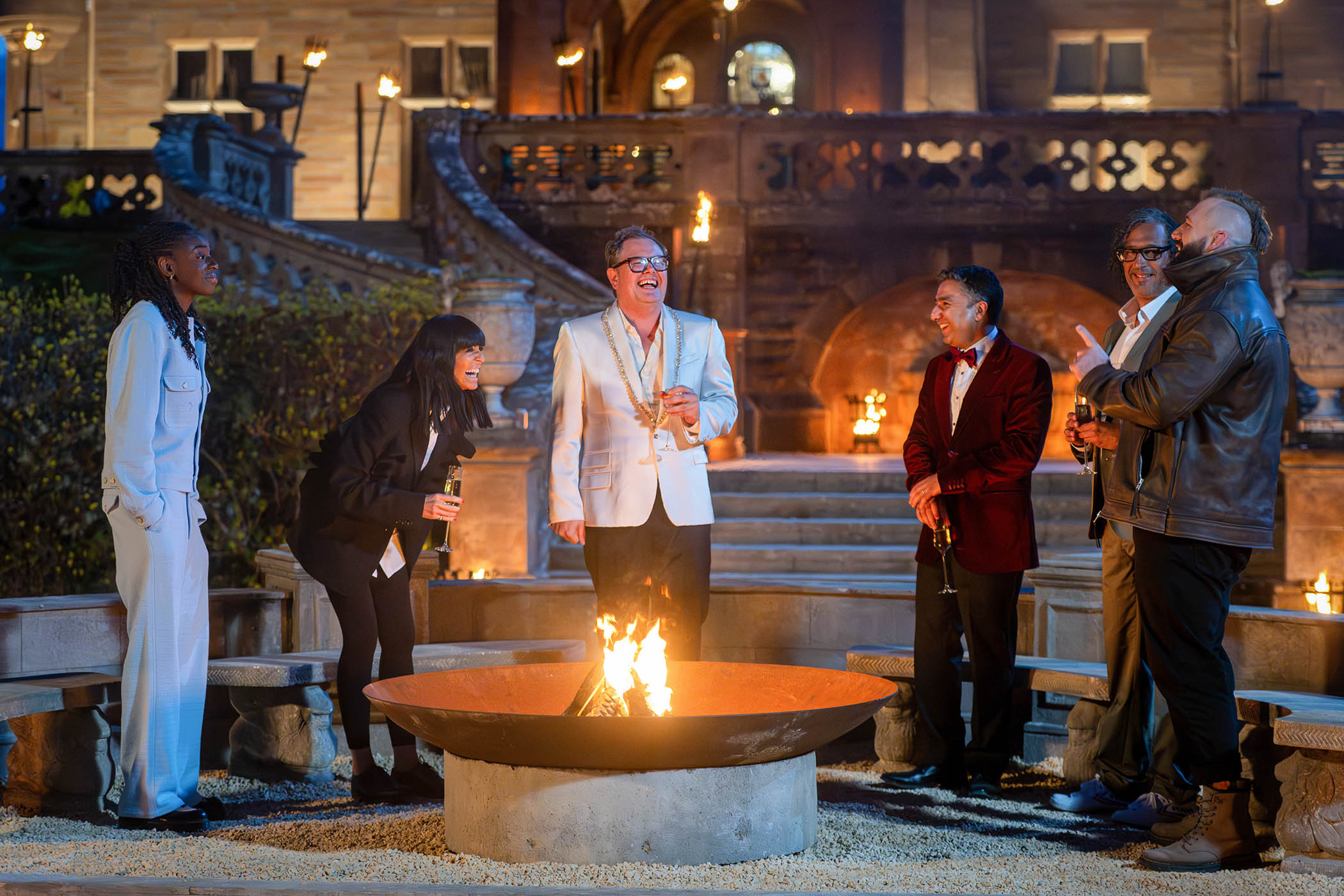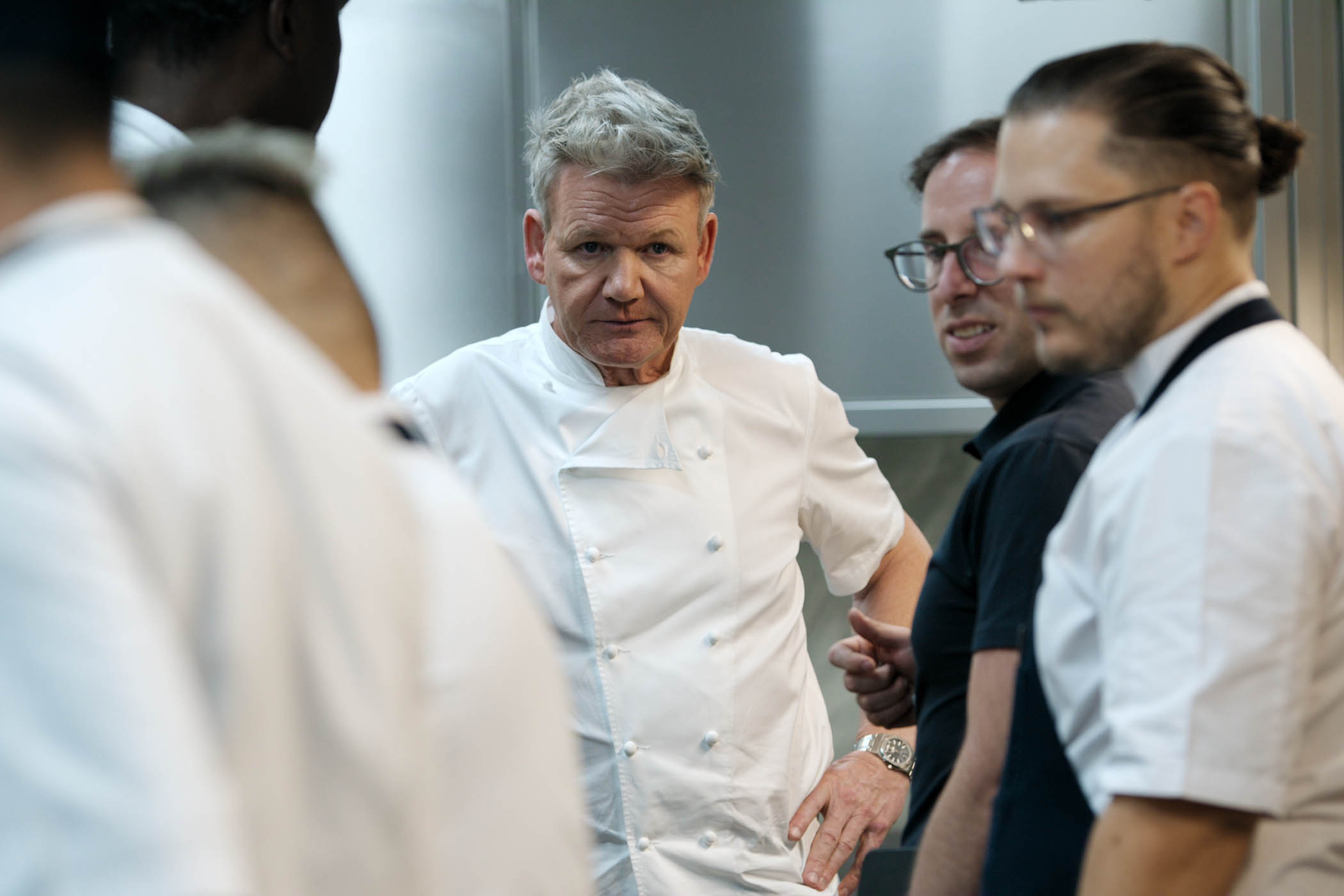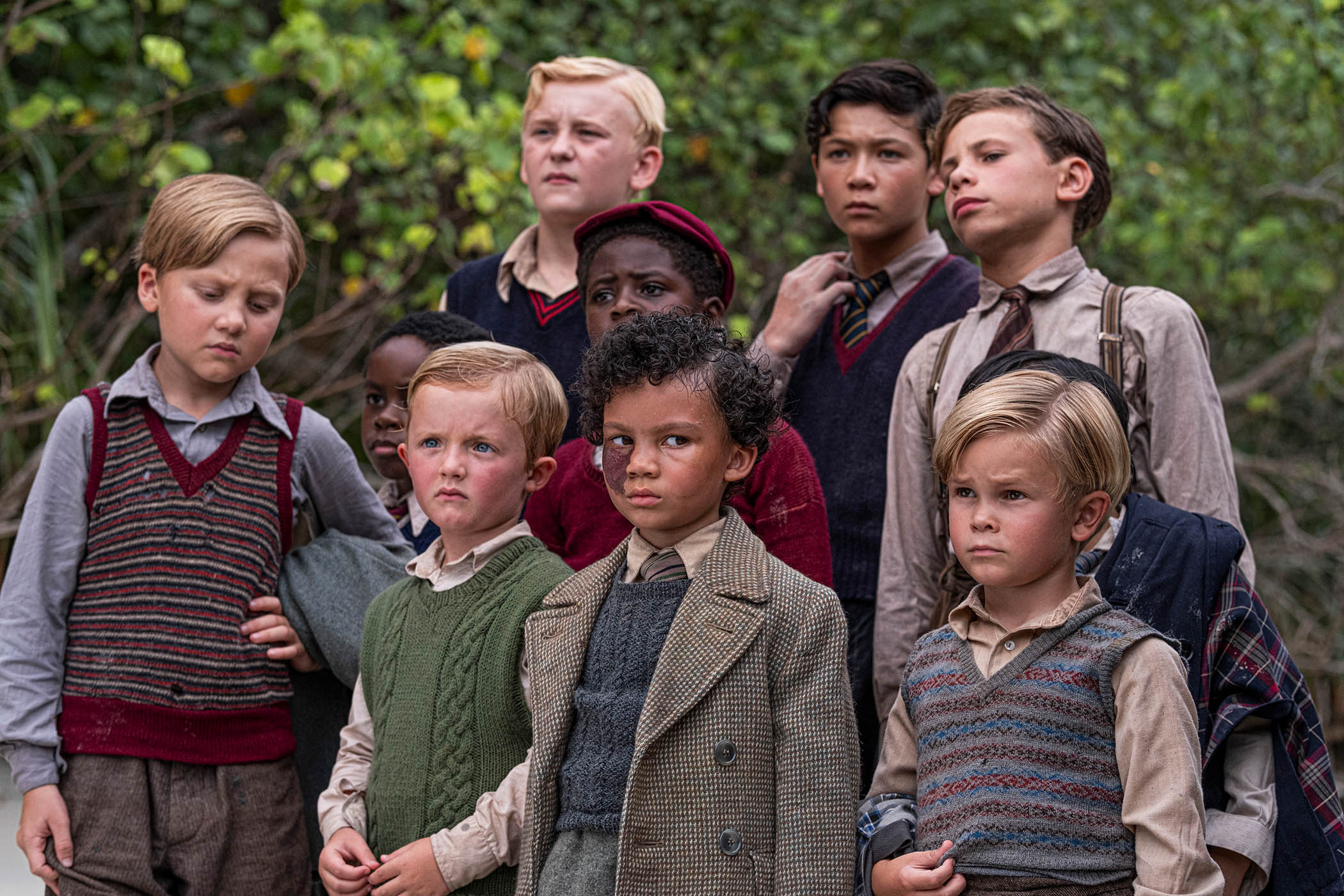There was, in theory, only one winner of The Celebrity Traitors. But as the BBC and the show’s producer, Studio Lambert, received overnight average audience figures of 11.1 million, it became clear the show would financially benefit more than just the winning celebrity’s named charity.
The last BBC show to have ratings that high the day after transmission was 2024’s Gavin & Stacey finale, which attracted an average 12.3 million viewers, who tuned in on Christmas Day for a last glimpse of the beloved duo. The 11.1 million audience figure for The Celebrity Traitors was for the Thursday night final of the nine-part unscripted celebrity show.
Ratings are measured in two main ways: overnights, delivered the following day, and 28-day consolidated ratings, which take in catch-up viewing and the first wave of BBC iPlayer or equivalent services’ audiences. In the case of Gavin & Stacey, for instance, overnights of 12.3 million viewers delivered an audience of 19.11 million in the 28-day ratings.
The first episode of Celebrity Traitors pulled in 6.5 million viewers in overnights, rising to an audience of 15 million after 28 days.
The figure of 15 million viewers in itself is rare. The last time the full top 10 programmes for the year all achieved more than 15 million viewers was 1998. Since then, the only shows to have scored above that have been sporting events such as England’s World Cup and Euros games, royal occasions and a small number of other programmes.
Where the final of The Celebrity Traitors will eventually settle is unclear. Live viewing for the show increased across the nine episodes, while total numbers are averaging about 15 million viewers, according to BBC insiders.
‘Most of what you see of famous people is controlled either by them or by their PR people. This isn’t’
‘Most of what you see of famous people is controlled either by them or by their PR people. This isn’t’
Stephen Lambert, producer
Large numbers on Thursday watched at live events across the country, in cinemas, pubs, bars and at the Boxpark shipping container shopping centre chain, among other venues. But the audience will be above 15 million, insiders believe. These are 1990s ratings in 2025.
It is a vindication for the show’s producer, Studio Lambert’s chief executive, Stephen Lambert. He joined the BBC’s documentaries department in 1983, producing and directing, creating the Modern Times strand and overseeing film-maker Adam Curtis’s ambitious TV essays, before moving to independent producer RDF, where he created programmes including Wife Swap and The Secret Millionaire. He later founded Studio Lambert, launching popular shows such as Gogglebox and Race Across the World.
“We made a decision a few years ago to concentrate on big unscripted shows that are really quite expensive to make,” he said. “The way the industry is changing is towards high-volume, low-cost shows or high-risk, high-reward expensive pieces that make reputations. The middle ground is disappearing.”
The average unscripted entertainment show – a collection of people put somewhere, doing something and knocking each other out of the game in some way – costs between £600,000 and 700,000 an episode, falling as low as £250,000 for high-volume shows such as Married at First Sight.
Newsletters
Choose the newsletters you want to receive
View more
For information about how The Observer protects your data, read our Privacy Policy
Premium drama is so expensive that no UK broadcaster can cover the costs alone. The BBC will pay £1m for an episode of high-end drama but expects tax relief and other broadcasters and streamers to co-fund. Slow Horses season five, for instance, cost about £80m. The Traitors costs £1m.
The latter show is an elaborate game of wink murder, in which 22 people complete a series of tasks in a castle in the Scottish Highlands. Three of the contestants are secretly designated “traitors” who “murder” one person a night. The remaining “faithfuls” try to spot and eliminate traitors, expelling one person a day.
Lambert had no doubts the show would be a hit. The format was created in the Netherlands, where they have an uncanny knack for unscripted shows, from Big Brother to The Voice. He had noticed that, during filming, production staff would take their tea breaks in the control room to see what was happening.
“It has jeopardy,” he said of The Traitors. “It has comedy, but it has the qualities of a drama where different values clash and people change over time. Viewers always want the same thing but different, and a good format reassures people – but the cast and challenges change.”
The Celebrity Traitors’s cast included Alan Carr, Nick Mohammed, Charlotte Church, Stephen Fry, Clare Balding and Jonathan Ross – a higher-quality list than the average celebrity reality show.
“They did it because they wanted to play it themselves,” said Lambert. “They did get paid, but a much smaller amount than equivalent celebrity shows. It’s not uncommon for people to get over £400,000 and our people were getting a 10th of that.”
The celebrity quality, he said, introduced the final element of the hit – stars losing control. “Most of what you see of famous people is controlled by them or their PR people. This isn’t. So you learn a lot about these people just watching them play the game. You’re impressed by some, less impressed by others.”
Photograph by BBC/Studio Lambert/Paul Chappells



